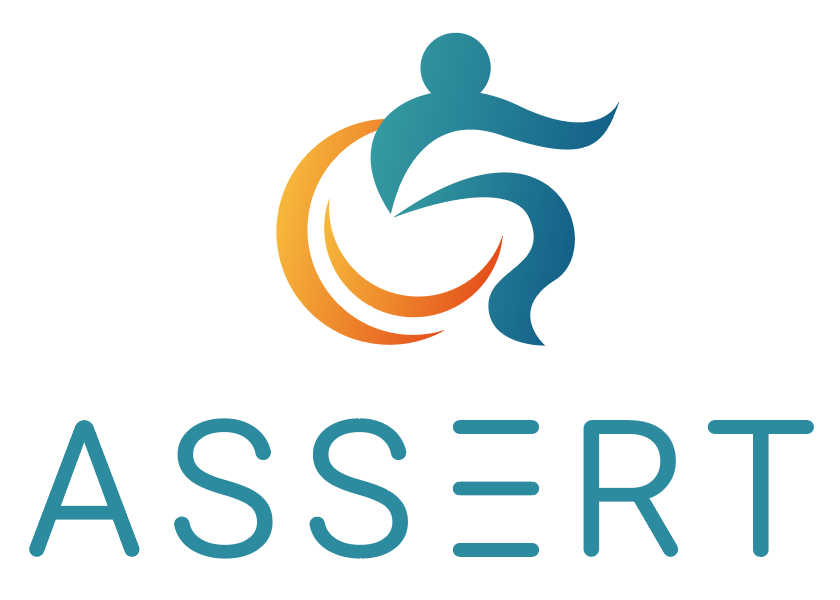The Cerdanya Municipality, in collaboration with El Risell. developed an initiative aimed at assessing the viability of establishing Shared Self-consumption Communities to aid households experiencing energy poverty. By geolocating energy-poor households and analysing the energy production from select municipal building roofs, the study determined the potential number of beneficiaries who could receive surplus energy distribution.
The project set out to conduct a comprehensive energy poverty diagnosis using qualitative and quantitative methods, such as regional and national statistical data analysis, along with local sources. The Cerdanya County Council aimed to install photovoltaic solar energy systems in public buildings, targeting vulnerable individuals. The diagnosis also included identifying and mapping neighborhoods, streets, and buildings affected by vulnerability or energy poverty.
During the project, 16 individuals were trained across pertinent services to disseminate the project and gather experiences. 12 participants facing energy vulnerability engaged in these sessions, focusing on community capacity building for identifying potential energy poverty cases and conceptual training. The goal was to empower communities in detecting instances of energy poverty not visible to administrations and social entities. The training covered health, relational, and housing indicators indicative of energy poverty. Moreover, general surveys were circulated to gather further insights.
-

-
 Countries impacted:
Countries impacted:
Spain -
 Geographical scale:
Geographical scale:
Regional and Local -
 Energy poverty phase:
Energy poverty phase:
Diagnosis -
 Intervention type:
Intervention type:
Data collection -
 Type of funding:
Type of funding:
EPAH Technical Assistance Scheme -
 Website:
Website:
Case website -
SDGs addressed:




